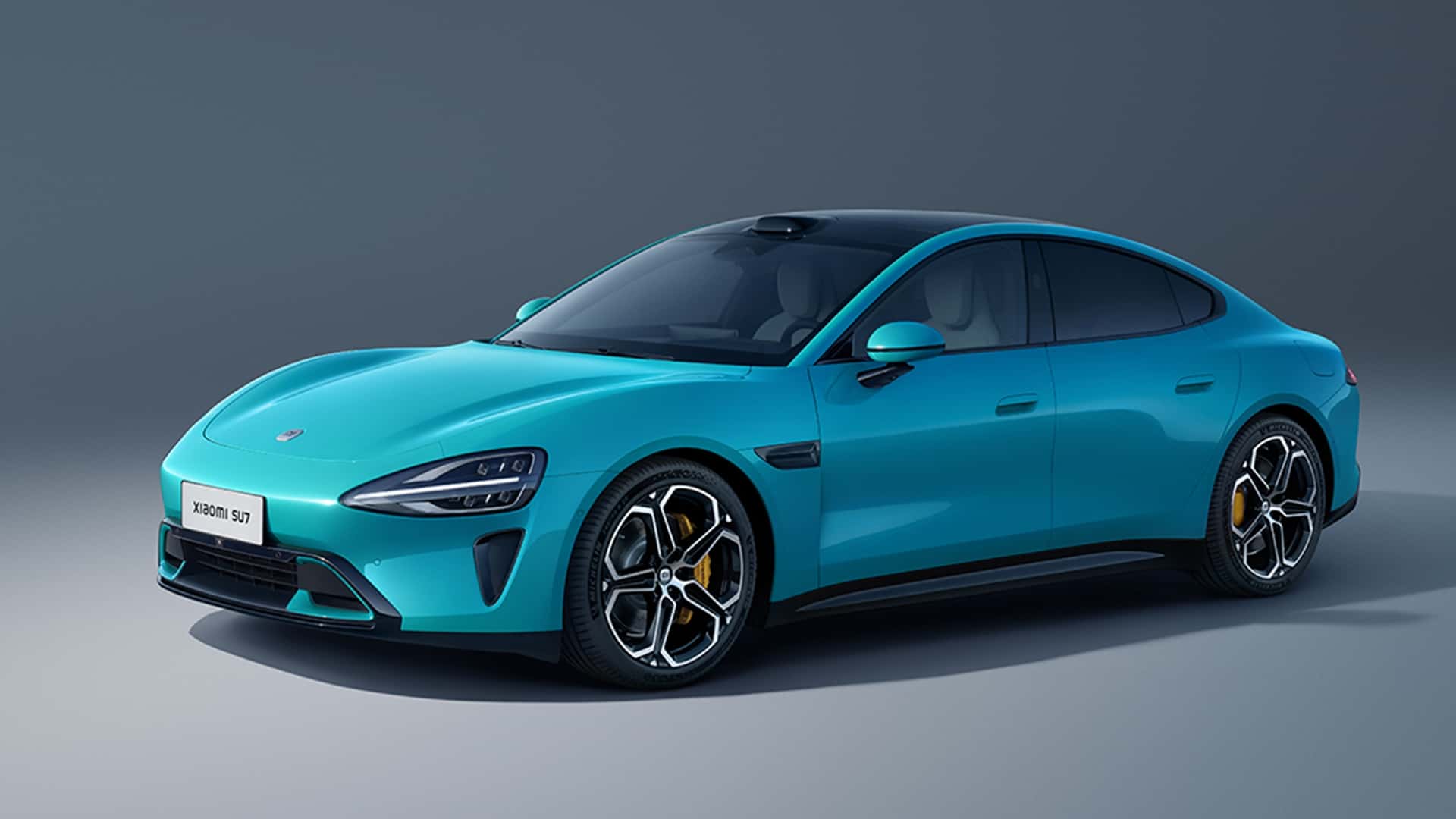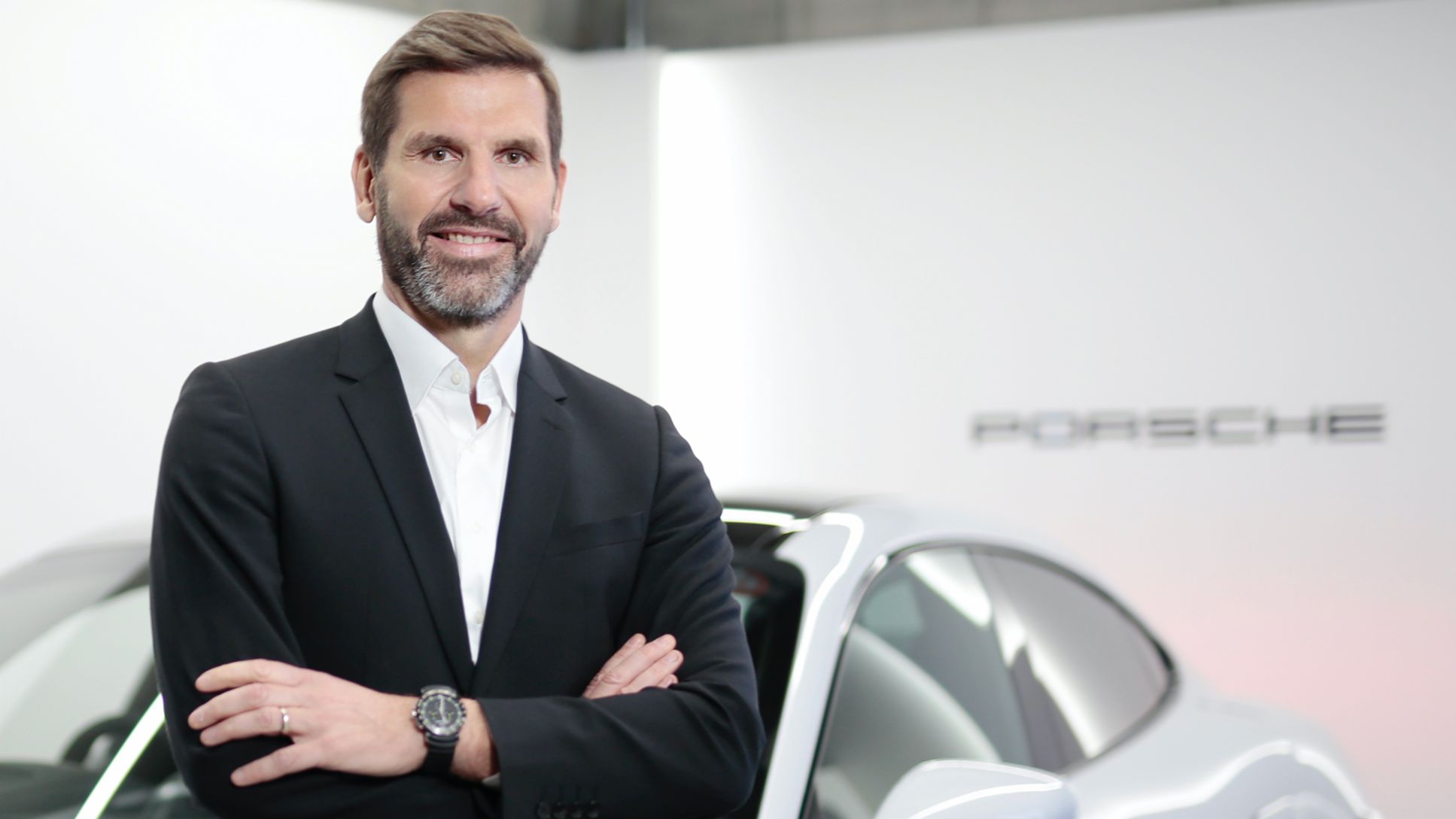Porsche is struggling to keep up with Chinese competitors in the electric vehicle (EV) market of China, losing ground in the world’s most important car market. Can the new China CEO turn things around?
Declining demand for the Taycan
As Porsche workers return to the Stuttgart-Zuffenhausen plant after their summer break, they find an unsettling change: the production of the Taycan electric sports car has been reduced to a single shift from mid-August. This decision follows weeks of negotiations between the plant management and the works council, driven by plummeting demand for the Taycan, which starts at €100,000.
In the first half of 2023, Porsche sold nearly 18,000 Taycans globally. However, in the first six months of this year, only about 8,800 units were sold. Once built in three shifts, the Taycan now only requires one. This sharp decline in sales is a blow to Porsche’s reputation and a warning sign for its parent company Volkswagen and the financial markets.

China’s shifting EV market
The primary reason for this downturn is far from Stuttgart—it’s in China, the world’s largest EV market. Porsche is currently selling only a few thousand vehicles annually in China, a situation that has become increasingly dire as the country rapidly transforms into an EV-dominated market.
To remain relevant in China, automakers need to excel in electric vehicles. Yet many Chinese buyers consider Porsche’s only EV model to be technologically outdated and overpriced compared to local competitors. With too few strong EV models, high prices, and conservative technology, Porsche, like many major European, Japanese, and Korean manufacturers, has fallen into the China trap. While overall car sales in China increased in the first half of the year, Porsche’s sales plummeted by 33%.
Western automakers losing ground
Porsche is not alone in this struggle. An exclusive analysis of data from the China Passenger Car Association (CPCA) reveals that despite considerable efforts by Western automakers—such as price cuts, new sales strategies, and leadership changes—their EV sales in China have barely improved. For instance, Volkswagen’s market share for EVs hit a yearly low of just 1.9% in July.
General Motors and Tesla have also fared poorly in China. Tesla’s market share dropped to a record low of 8.3% in June and 8.6% in July, down from nearly 15% in February and almost 20% last year. Porsche’s low sales volumes mean it doesn’t even appear in the CPCA rankings.
The market share lost by Western manufacturers has been absorbed by Chinese EV makers. This shift, long visible in the volume segment, is now spreading to the premium and luxury segments. It’s no coincidence that companies like Tesla and Porsche have faced such intense competition from new Chinese premium brands like Nio, Zeekr (part of the Geely Group), Changan, and more recently, Xiaomi.
The rise of Xiaomi’s “Porsche killer”
Xiaomi, the world’s third-largest smartphone manufacturer after Samsung and Apple, has become a formidable new competitor in the automotive industry. In April, Xiaomi launched its first car, the SU7 sports car, which the ADAC has dubbed a “Porsche killer.” According to CPCA figures, Xiaomi sold nearly half as many EVs in July as the entire Volkswagen Group—with all its models combined. By the end of the year, Xiaomi is expected to surpass Volkswagen in sales.

Porsche was overtaken in China by Xiaomi in its first month of sales. In the second quarter, Xiaomi delivered around 27,000 units of its SU7, selling five times more electric sports cars in China alone than Porsche did worldwide during the same period.
With 13,120 units sold in July, the SU7 was the best-selling electric sedan in China, even ahead of the Tesla Model 3. Xiaomi plans to deliver 120,000 vehicles by the end of the year, which would be at least five times the anticipated sales of the Taycan. To support these sales, Xiaomi has established a network of 102 dealerships across 34 Chinese cities.
The SU7’s success in China can be attributed to three main factors: its design, which closely resembles Porsche’s; its performance, which is comparable to the Taycan but with more advanced technology; and its price, which is a fraction of the cost. While the imported Taycan from Zuffenhausen is priced at €130,000, the top-of-the-line SU7 with a 101 kWh battery (offering 800 km of range) costs less than €40,000. The SU7 is not just a Porsche killer but also a serious competitor to Tesla and Mercedes.
For many Chinese customers, the Taycan appears technologically outdated. A prime example is software: while Porsche has struggled to enable over-the-air updates for the Taycan and won’t introduce autonomous driving for several years, Xiaomi is already rolling out autonomous driving features. In June, the NOA (Navigate on Autopilot) function was activated for SU7 vehicles in ten Chinese cities, with plans for nationwide implementation by the end of August 2024.
Can the new China CEO make a difference?

Porsche and Volkswagen CEO Oliver Blume now seems to realize how dire the situation in China has become. He has lost confidence that the automaker’s current China chief, Michael Kirsch, can turn things around. Starting in September, Alexander Pollich, the former managing director of Porsche Germany, will take over in China. Porsche will arm him with the electric Macan and an updated Taycan as new weapons. But will that be enough to reverse Porsche’s fortunes in China?







